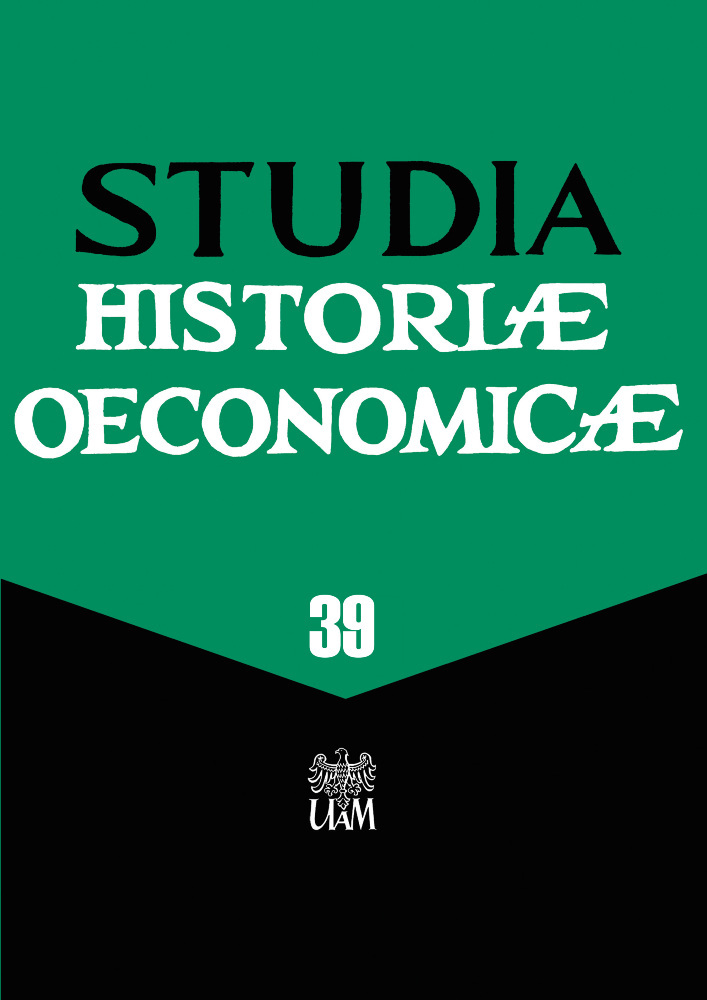Abstract
Cocoa production has been a major source of income and revenue to many citizens and the governor of Ghana respectively through time. Historically, although attributed to Tetteh Quarshie, records have shown that prior to Tetteh Quarshie’s achievement, the Dutch and Basel Missionaries had experimented with the crop in the Gold Coast. Since its introduction in the country, cocoa production has expanded and spread across all the regions in Ghana. The production of cocoa has affected every facet of development in the country since its inception and has once led Ghana to be world’s major exporter of the beans. Cocoa production in Ghana has gone beyond its agricultural and economic significance with its impacts felt across socio-cultural, religious and political life of Ghanaians. That notwithstanding, scholars have made partial effort at addressing the impact of cocoa production among Ghanaians between 1879 and 1976. Using a qualitative approach rooted in both primary and secondary sources, the current study sought to address the gap aforementioned by tracing the relationship between cocoa production and economics, politics and social-religious practices among Ghanaian between 1879 and 1976. Findings from the discourse revealed that though an agricultural product, cocoa can no longer be said to belong to that sphere alone. The product and its associated gains have permeated the entire life of Ghanaians since its inception.
References
PRAAD Accra (CSO 8/2/40), Cocoa Storage –Accra Beach.
PRAAD Accra (CSO 8/2/85), Cacao Farms: Abandonment and Neglect of Cocoa Farm During Depression in the Industry in Favor of the Increased Cultivation of Food Crop.
PRAAD Accra (RG 7/1/196). Cocoa Beans Processing.
PRAAD Accra (RG7/2/245), Infestation Control Unit. CMB Newsletter: A Quarterly Publication, No. 42. September, 1969.
PRAAD Accra (RG7/2/245), The Board and Party Politics CMB Newsletter: A Quarterly Publication, No. 42. September, 1969.
Adomako-Sarfo J. (1974), The Effects of the Expulsion of Migrant Workers on Ghana’s Economy, With Particular Reference to the Cocoa Industry, [in:] Amin S. (ed.), Modern Migrations in Western Africa, Oxford University Press, Oxford, 138-152.
Adu-Gyamfi S., Bempong E., Yartey H. T., Darkwa B.D. (2020), British Land Policies in the Gold Coast and Her Relations with Asante, Studia Historiae Oeconomicae, 38, 163−181.
Agbodeka F. (1992), An Economic History of Ghana. From the Earliest Times, Ghana Universities Press, Accra.
Akrofi-Christaller Institute of Theology, Mission and Culture, www.Acighana.org. accessed on 4th February, 2017.
Akuamoa G.K. (2011), Kwame, the Last Slave from West Africa, Triangle Circle, Accra.
Austin D. (1964), Politics in Ghana, 1947-1960, Oxford University Press, London.
Boahen A.A. (1975), Ghana: Evolution and Change in the Nineteenth and Twentieth Centuries, Longman Group Ltd, London.
Crowder M. (1968), West Africa under Colonial Rule, Ethiope Publishing Corporation, Benin.
Danquah K.F. (2003), Sustaining a West African Cocoa Economy: Agricultural Science and the Swollen Shoot Contagion in Ghana, 1936-1965, African economic History, 31, 43-74.
Darkwah S.A., Verter N. (2014), An Empirical Analysis of Cocoa Bean Production in Ghana, European Scientific Journal, 10/16, 295-306.
Darst B.C. (1991), Development of the Potash Fertilizer Industry, Fertilizer Research, 28(1), 103-107.
Debrunner H.W. (1967), A History of Christianity in Ghana, Waterville Publishing House, Accra.
Hill P. (1970), Studies in Rural Capitalism in West Africa, Cambridge University Press, Cambridge.
Kay G.B. (1972), The Political Economy of Colonialism in Ghana: A Collection of Documents and Statistics, 1900-1960, Cambridge University Press, Cambridge.
Kimble D. (1963), A Political History of Ghana 1850-1928, Oxford University Press, Oxford.
McCaskie T.C. (2004), Sakrobundi ne Aberewa: Sei Kwaku the Witch-finder in the Akan World, Transactions of the Historical Society of Ghana, New Series No. 8, 82-135
Metcalfe G.E. (1964), Great Britain and Ghana: Documents of Ghana History 1807-1957, Thomas Nelson & Sons Ltd, London.
Okyere V. (2000), Ghana: A Historical Survey, Vinojab Publications, Accra.
Oppong-Boateng J. (2014), Economic Enterprises of the Basel Mission Society in the Gold Coast: A Study of the Basel Mission Trading Company from 1859 to 1917, University of Ghana, Legon (Diss.).
Rabinowitz S.B. (2013), Urban-Bias and the Roots of Political Instability: The Case for the Strategic Importance of the Rural Periphery in Sub-Saharan Africa, University of California, Berkeley (Diss.).
Tashjian V.B., Allman, J. (2002), Marrying and Marriage on a Shifting Terrain: Reconfigurations of Power and Authority in Early Colonial Asante, [in:] Jean A., Susan G., Nakanyike M. (eds.), Women in African Colonial Histories, Indiana University Press, Indiana, 237-259.
Tetteh S.A. (2019), History of Cocoa Research Institute of Ghana, Tafo1938-2008, University of Ghana, Legon (Diss.).
United Nations (1954). United Nations Visiting/Mission to Trust Territories in West Africa, 1952: Report on Togoland under United Kingdom Administration Together With Related Documents, United Nations, new York.
Wessel M., Quist-Wessel P.M.F. (2015), Cocoa Production in West Africa, a Review and Analysis of Recent Developments, NJAS-Wageningen Journal of Life Sciences, 7/4, 1-7.
License
Copyright (c) 2021 Mariama Marciana Kuusaana, Samuel Adu-Gyamfi, Benjamin Dompreh Darkwa

This work is licensed under a Creative Commons Attribution-ShareAlike 4.0 International License.





